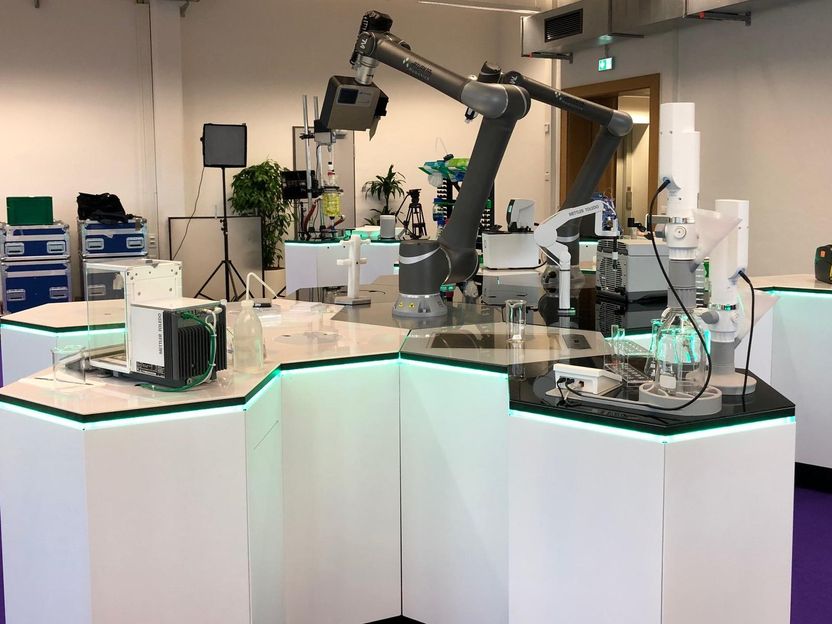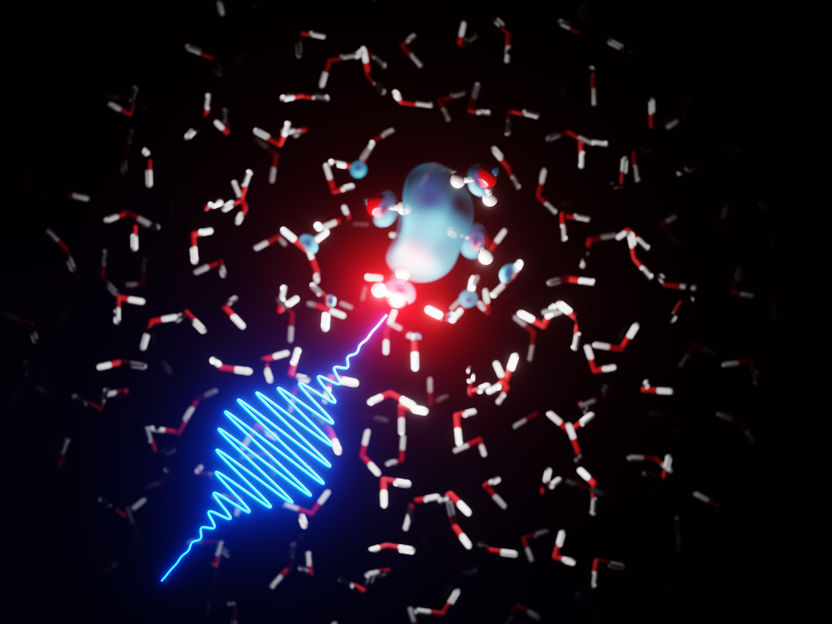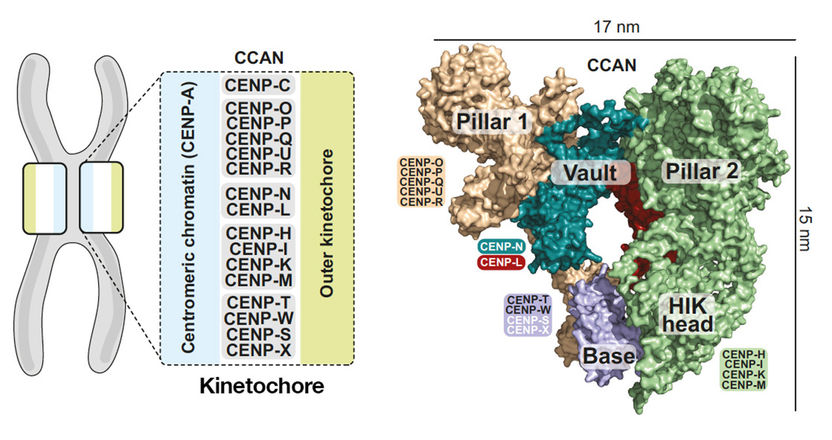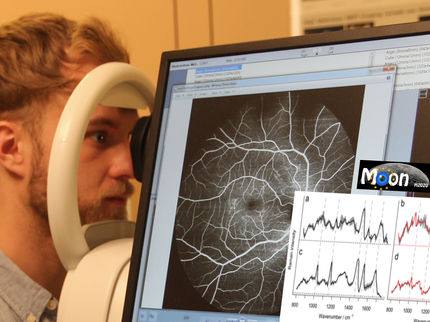Failed Alzheimer’s test shows in which direction the research should continue
Disappointing results in clinical Alzheimer’s studies discourage doctors and scientists from continuing their research into ɣ-secretases and a possible treatment against Alzheimer’s disease. In Cell, the Alzheimer’s expert Bart De Strooper (VIB-KU Leuven) argues that these studies are not pointless, but merely indicate what the next steps should be for the Alzheimer’s research.
Bart De Strooper: "We need to learn from AIDS, cholesterol or cancer research: we can only find a drug to treat Alzheimer’s disease if we are willing to learn from the difficulties that we encounter. The current pessimistic mood does not answer the patients’ needs."
The ɣ-secretase complex
Alzheimer’s disease is characterized by abnormal accumulations of a protein (amyloid β; Aβ) between the brain cells; the so-called amyloid plaques. Several years ago Bart De Strooper and his team unraveled the structure and the function of the γ-secretase complex, which plays a significant role in the development of these plaques.
Disappointing results in clinical Alzheimer’s studies
For many years the ɣ-secretases were the target for the development of a drug to treat Alzheimer’s disease. It was thought that blocking these ɣ-secretases would combat the production of the plaques and thereby prevent nerve cells from dying. “Semagacestat” (Eli Lilly) is one of the many examples of candidate drugs that were tested in a clinical setting. The failure of the phase 3 clinical tests (these tests are performed on patients) involving semagacestat resulted in the sudden termination of ɣ-secretase research. Unfortunately, this effect was not only noticeable in the pharmaceutical industry; the academic world also reacted with disappointment.
Lessons for future Alzheimer’s research
In the journal Cell, Bart De Strooper implores scientists to apply what they have learnt from these studies to future research. Many arguments indicate that Aβ-peptides do play a role in Alzheimer’s disease, so it remains very important to test the hypothesis of the amyloid plaques extensively. Furthermore, thorough fundamental research remains essential, considering the fact that the current knowledge gap between the biology, physiology and structural biology of ɣ-secretases is still very large. New insights and an improved understanding of ɣ-secretases must form the foundation for a more rational development of a drug.
Original publication
Bart De Strooper; "Lessons from a failed ɣ-secretase Alzheimer trial."; Cell 2014.
Most read news
Original publication
Bart De Strooper; "Lessons from a failed ɣ-secretase Alzheimer trial."; Cell 2014.
Organizations
Other news from the department science

Get the analytics and lab tech industry in your inbox
By submitting this form you agree that LUMITOS AG will send you the newsletter(s) selected above by email. Your data will not be passed on to third parties. Your data will be stored and processed in accordance with our data protection regulations. LUMITOS may contact you by email for the purpose of advertising or market and opinion surveys. You can revoke your consent at any time without giving reasons to LUMITOS AG, Ernst-Augustin-Str. 2, 12489 Berlin, Germany or by e-mail at revoke@lumitos.com with effect for the future. In addition, each email contains a link to unsubscribe from the corresponding newsletter.
Most read news
More news from our other portals
Last viewed contents

Smartphone-powered microchip for at-home medical diagnostic testing developed - The new technology could make at-home diagnosis of diseases faster and more affordable: Researchers working with startup GRIP Molecular Technologies

Analytica 2022—Your path to Laboratory 4.0 - Special show brings the digital transformation in the lab to life

Eppendorf builds new site in Wismar for high-tech polymers used in laboratories - Production to start by the end of the year

Light-based device uses a few drops of saliva to effectively test Covid-19 patients

Electron bubbles modelled from X-ray laser data - An international team of scientists uncovers a groundbreaking model for the effects of radiation in water systems

Structure of key protein for cell division puzzles researchers - Researchers provide a first 3D snapshot of the CCAN protein complex and raise fundamental questions towards the creation of artificial chromosomes



















































